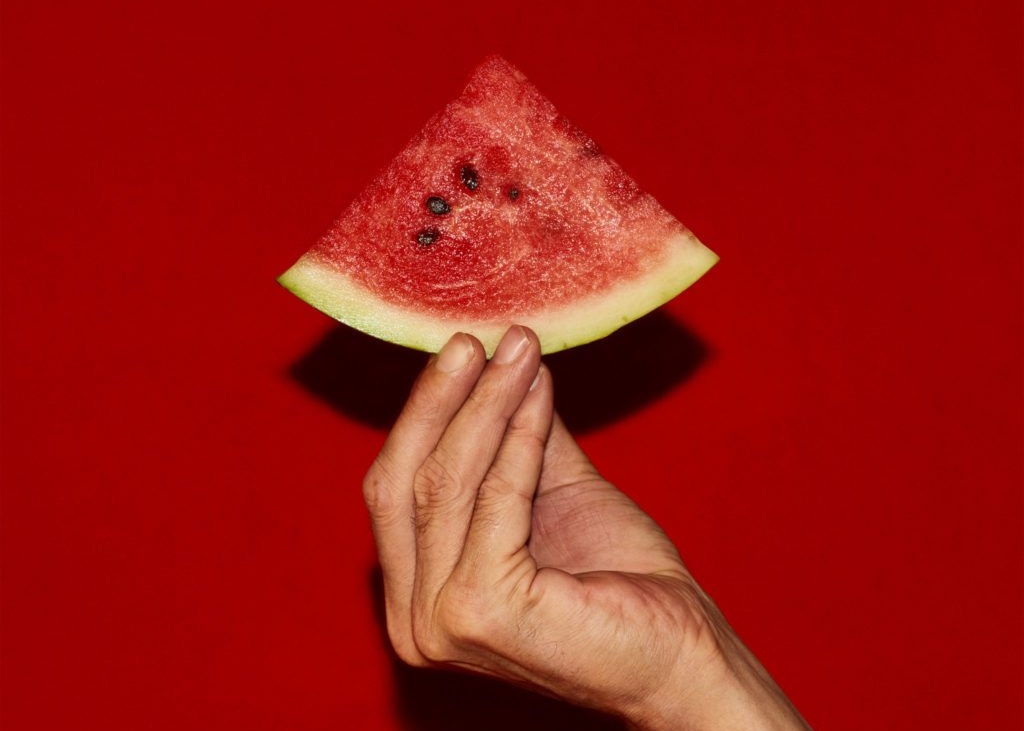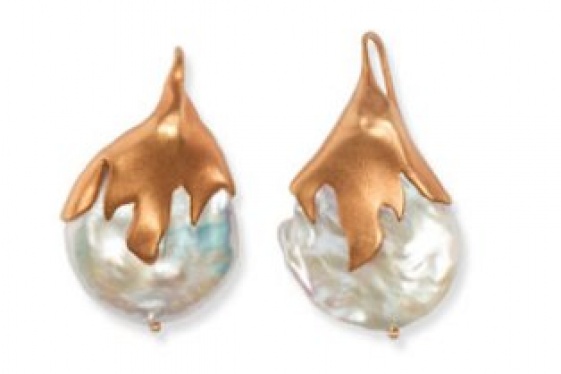

BY: GAIA PIANIGIANI
Say you’re shopping at a farmer’s market in Rome, and you’d like to pick up some nice, ripe watermelon. The signs at some stands call it “anguria”; others say “cocomero” or “melone d’acqua.” Why so many different words for the same fruit? Because in their daily lives, many Italians don’t speak Italian.
That is, they don’t shop or chat or argue in standard Italian, the kind that is studied in school and heard on the news. They use one of the country’s hundreds of local dialects, each with its own quirks of pronunciation, inflection and vocabulary.
SOURCE: https://www.nytimes.com
You may be interested
-
Italian auto supplier Brembo to build new U....
Italian brakes maker Brembo will build a new foundry in Michigan to expand its manufacturi...
-
Italian world language teacher 2015-2016
FRAMINGHAM PUBLIC SCHOOLS - JOB DESCRIPTION TITLE: World Language Teacher - Italian...
-
L'Arte del Gioiello Italiano - Lecture and T...
How has Italy influenced the world of Jewelry? Join us for a special lecture on the a...
-
'A small New York': Palm Beach to become home...
Miami-born and Italy-raised, jewelry designer and accomplished equestrian Lucrezia Buccell...
-
'Alessi 100-001' celebrates 100 years of Ales...
Iconic Italian design brand Alessi is celebrating its centennial with an exhibition titled...
-
'Canaletto and the Art of Venice' comes to BF...
RAMParts Presents, in partnership with Exhibition on Screen, brings the 90-minute feature...
-
'Ducale' by KREOO to Be Featured at Studium S...
NYC tile and surfaces showroom STUDIUM will be offering "Ducale" by KREOO (USA), a luxury...
-
'I'm part of this crazy history': Finding ins...
Everyone in Italy has felt the effects of the Covid-19 pandemic. For Adam Rugnetta, an Am...










